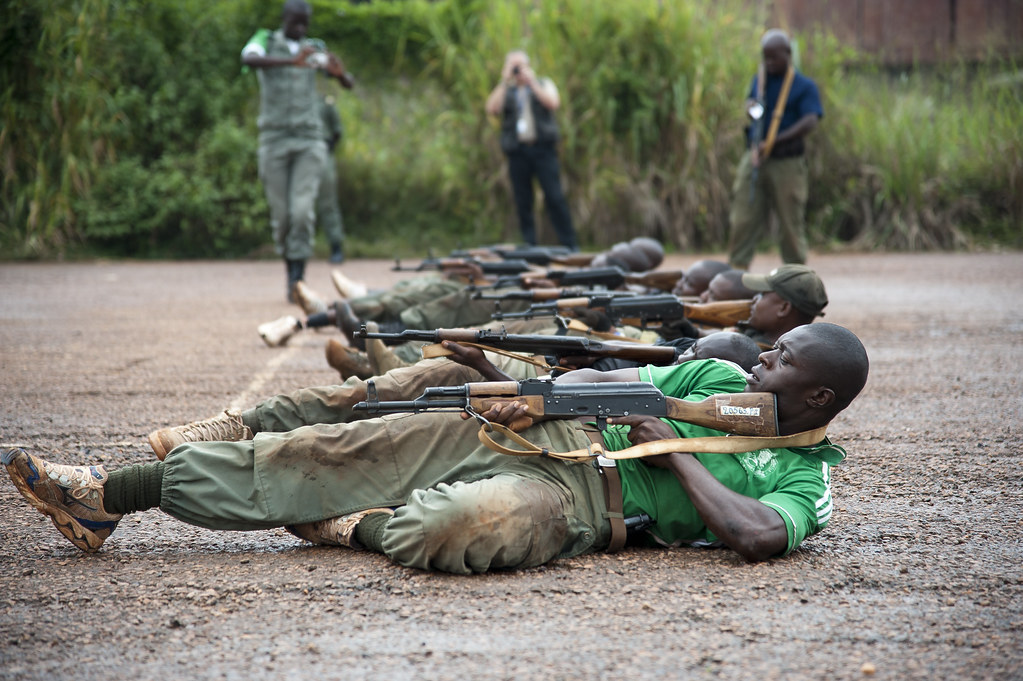
An exhaustive guide to training that focuses on dominating close protection
A major component of security duties, Close protection training ensures the safety of individuals in high-risk situations. Protecting celebrities, executives, or VIPs is a specialty for which professionals undergo extensive training to effectively handle potential risks.
Seeing Close Protection: Usually referred to as bodyguarding, close protection is providing security and protection to those who may run the risk of personal injury. This cover assessing possibilities, putting security protocols into place, and moving fast to reduce possible hazards.
The Value of Training: Accurate close protection calls for certain skills and knowledge. Training courses provide participants the skills needed to anticipate risks, investigate challenging situations, and provide clients with reliable protection.
Key Training Courses:
- Evaluation of Dangers: Identification of possible threats and vulnerabilities.
- figuring out the brain research of risks.
- Surveying the conditions and client security requirements.
- Protective driving is the safe movement of cars in various circumstances.
- If crises should arise, clearing procedure.
- Driven under guard to protect customers while on the road.
- Close Combat Techniques: Self-preservation hand-to-hand fighting skills.

- Strategies for incapacitating threats to be killed.
- Being composed under pressure.
- Observation and Counter-Reconnaissance: Identifying tactics of reconnaissance used by potential threats.
- Applying counter-observation techniques to identify and stay out of risks.
- Using creativity and sense of perception to compile information.
Advanced Training Courses:
- Strategic Guns Training: Conventions for safety and gun handling.
- long range shooting marksmanship.
- Dynamic in conditions of extreme stress.
- Clinical Response: Basic care for injuries and emergency situations.
- Handling emergencies pertaining to health in the field.
- Being prepared for clinical emergencies or probably wounds.
For professionals charged with ensuring the safety and security of individuals in high-risk situations, Close protection trainingis essential. By means of extensive training courses, individuals acquire the skills, knowledge, and perspective necessary to succeed in this challenging area. Experts who master close protection techniques can actually reduce risks and provide clients with real peace of mind under any situation.
